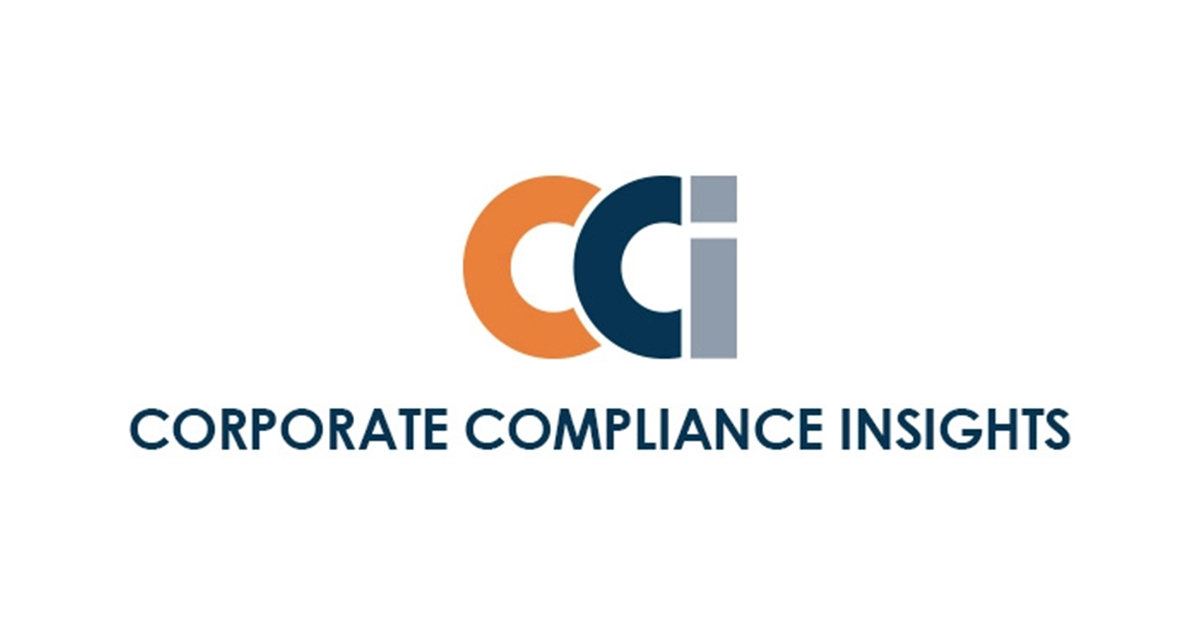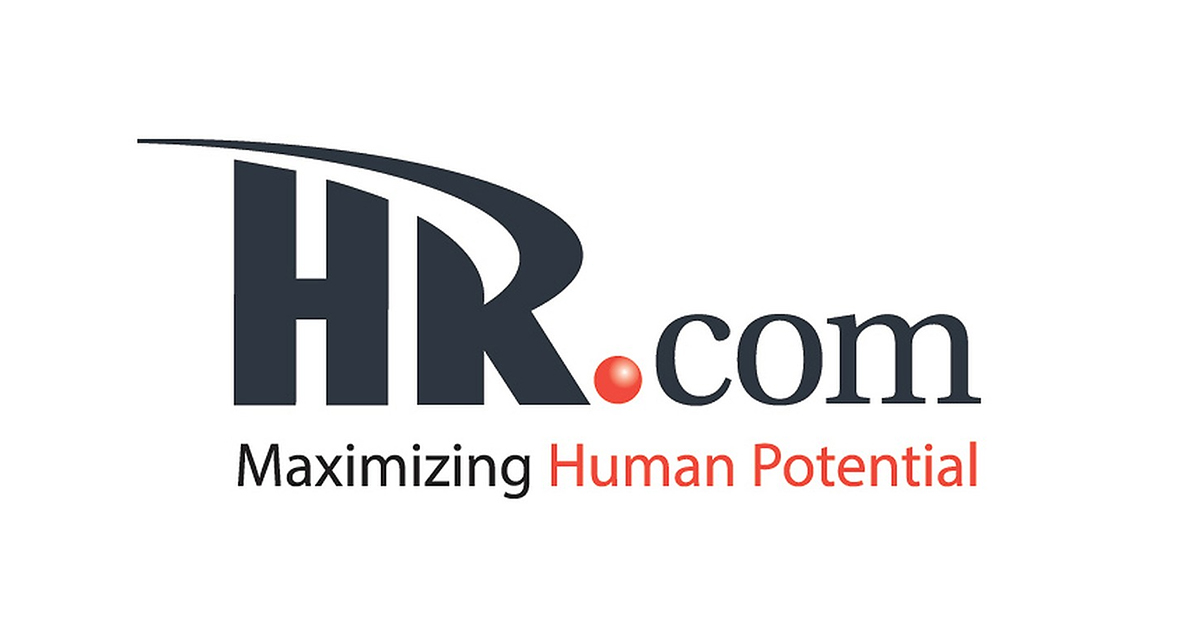In the midst of legal confrontations, employers want and need to understand what portions of their business will be under scrutiny and with whom they can trust to share proprietary information. Attorney-client privilege is an important component of all court proceedings and extends to businesses in the midst of legal proceedings. Therefore, it is crucial that HR professionals understand how attorney-client privilege works and how to protect it.
THE IMPORTANCE OF ATTORNEY-CLIENT PRIVILEGE
Many law experts consider attorney-client privilege as one of the most vital protections in the United States. Because the privilege belongs to the client, only they are able to release the attorney or allow the attorney to share information that has been passed between them. In the instance of a corporation, the entire organization is the client, meaning that attorney-client privilege applies to all employees, not just leaders.
Keep in mind that there are a few exceptions to the attorney-client privilege. If you confess the desire to commit a crime, your attorney may be required to disclose that information, especially if the crime involves harming another person. Additionally, the attorney-client privilege does not protect against perjury. If an attorney knows you are committing perjury during proceedings, they may be required to remove themselves from the case.
ATTORNEY-CLIENT PRIVILEGE AS IT APPLIES TO HR LEADERS
Another exception, and the most important for HR, involves company counsel communication with employees. When an employer tries to invoke the privilege to protect internal investigation communication that was conducted under standing corporate policy, the privilege may be challenged. Courts apply what is called an “Upjohn” test to determine if communications between a lawyer and corporate employees are protected. This test was born of the court case Upjohn Co. v. United States.
The Upjohn test asks four important questions:
- Did the communication involve information necessary for the attorney to provide legal advice to the company?
- Did the communication and information relate to matters within the employee’s scope of employment?
- Was the employee making the communication aware that the information was being shared with the attorney in order to provide the organization with legal advice?
- Was the communication kept confidential and not disseminated beyond employees who need to know its contents? That is, the company intended the communication to remain confidential.
The difference between an attorney giving business advice and legal advice has been a sticking point in recent years. In Koumoulis v. Independent Financial Marketing Group, the court ruled that advice given by an attorney was business advice and not of a legal nature. The attorney directed the client on what to say during an investigation and gave advice on how to proceed, but none of that advice involved interpreting law or making legal determinations. Therefore, attorney-client privilege did not apply and the organization was compelled to share all investigation notes relating to the claim of discrimination.
HR leaders should ensure a few things are happening with internal investigations. First, all policies related to investigations should include language around how the investigation will be conducted in an effort to obtain legal advice. Second, all communication between counsel and employees should be marked and communicated as privileged and legal in nature. Third and finally, all advice sought from an attorney should be obtained as an interpretation of law and not general business advice.
It is important that HR leaders discuss attorney-client privilege and how to protect it with their legal counsel. As with all things in HR, and especially employee relations, documentation is key. An employee relations management solution, such as the one provided by HR Acuity, can help HR teams conduct and document investigations legally and in a manner that protects the vital attorney-client privilege.




